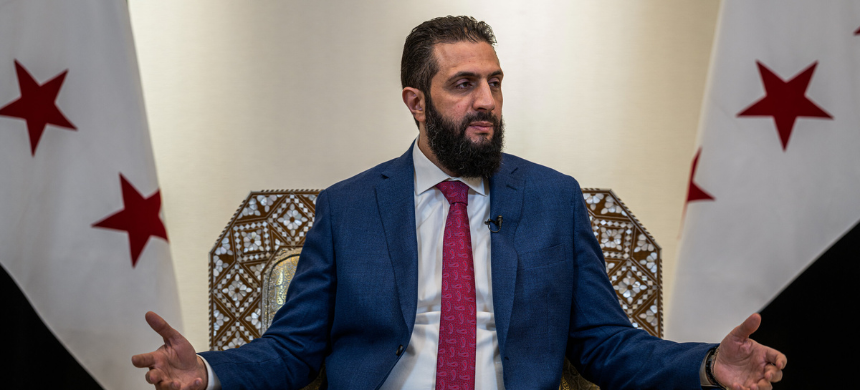Trump Lifts Major US Sanctions on Syria in Landmark Executive Order
WASHINGTON – President Donald Trump on Monday signed an executive order permanently lifting most U.S. sanctions on Syria, signaling a major shift in U.S. foreign policy aimed at stabilizing the Middle East and promoting regional diplomacy.
The order repeals five previous executive orders that formed the backbone of the U.S. sanctions regime on Syria and instructs federal agencies to begin rolling back additional restrictions related to congressional mandates and export controls, senior administration officials confirmed.
The move fulfills a promise Trump made during a May visit to Saudi Arabia, where he pledged to lift sanctions on Syria — a demand strongly supported by Saudi Arabia and Turkiye, both of whom see the measure as crucial to Syria’s post-war recovery and economic reintegration.
While preliminary guidance in May had already eased certain restrictions, Monday’s executive order formalizes and makes the sanctions relief permanent.
The directive also includes a review of sanctions that cannot be removed by executive action — such as those under the Caesar Syria Civilian Protection Act — and opens the door for reevaluating Syria’s status as a designated state sponsor of terrorism. Additionally, the administration is exploring removing the terrorist designation from Hayat Tahrir al-Sham (HTS), now led by Syria’s transitional leader Ahmed al-Sharaa.
The U.S. has imposed sanctions on Syria since 1979, largely over terrorism-related concerns. These were expanded in 2004 and again in 2011 during President Obama’s administration in response to the Assad regime’s violent crackdown on anti-government protests.
However, the political dynamics in Syria have significantly changed since the fall of President Bashar al-Assad in December. The country is now led by al-Sharaa, a former Islamist militant turned transitional leader, who has pledged democratic reforms and a departure from authoritarian rule.
Humanitarian organizations and civil society groups have long argued that U.S. sanctions have hindered recovery efforts, obstructing access to essential infrastructure and discouraging foreign investment.
Despite the broad easing, sanctions will remain in place against Assad, his close associates, and actors deemed to be threats to regional stability. Measures targeting weapons of mass destruction proliferation also remain intact.
Tom Barrack, U.S. Ambassador to Turkey and Special Envoy for Syria, called the policy change a “blanket opportunity” to jumpstart Syria’s economy and reintegrate it into regional frameworks such as the Abraham Accords.
“We’re moving away from rigid benchmarks and towards an environment that encourages economic growth, peace, and long-term cooperation,” a senior official told reporters on condition of anonymity.
The administration believes that economic incentives, not punitive measures, offer the best chance of bringing Syria into a new era of regional cooperation — one that prioritizes development, civil governance, and peace.











